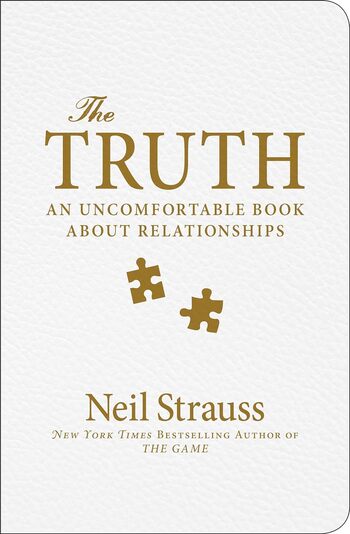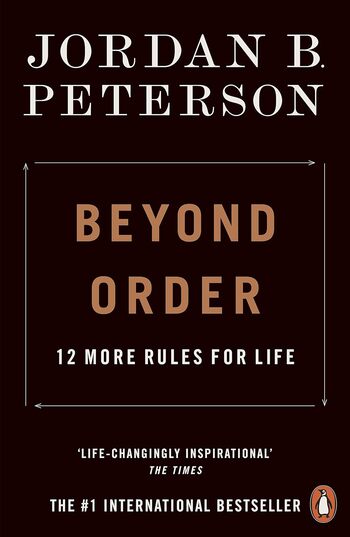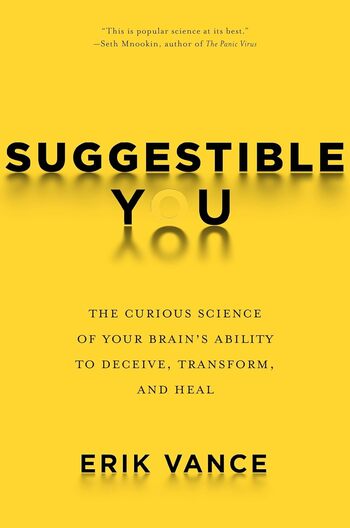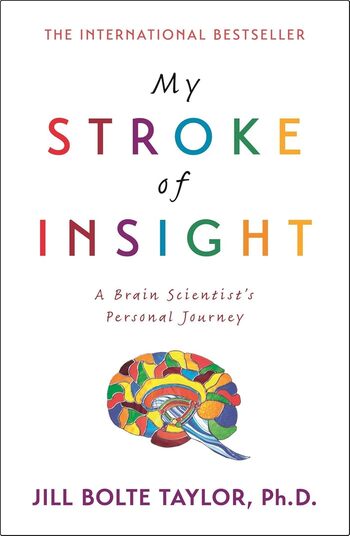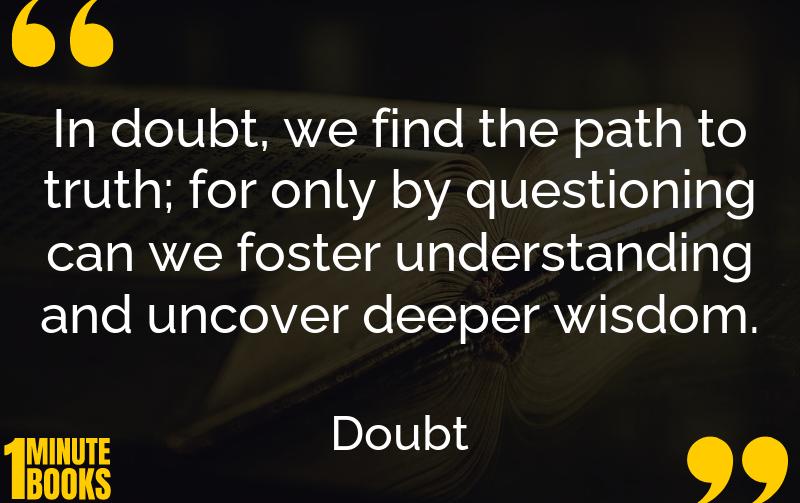
Doubt: A History explores the powerful legacy of doubt in shaping human civilization, highlighting its influence from ancient philosophers to modern thinkers in religion, science, and philosophy.
Main Lessons
- Doubt is essential for progress, challenging established norms and sparking innovation.
- Historically, doubters faced fierce opposition but laid the groundwork for enlightenment.
- Famous doubters include Socrates, Confucius, and Marie Curie, each questioning norms in their era.
- Doubt transcends cultural and geographical borders, influencing both Western and Eastern philosophies.
- Religious institutions often incorporate doubt to strengthen and evolve their beliefs.
- Doubt can lead to reform, as seen with Martin Luther’s challenge to the Catholic Church.
- In science, doubt is pivotal in forming new theories and understanding, as seen with Darwin.
- Doubt can cause despair when not balanced, but it also leads to clearer insights.
- Embracing doubt provides positive outcomes, such as newfound philosophies and cooperative exchanges.
- Doubt’s narrative continues to shape our world, prompting new ideas and societal growth.
- Throughout history, female doubters persisted despite facing greater societal obstacles.
- The history of doubt reveals its enduring influence and universal presence.
- Tolerance of doubt can make faiths more relatable and adaptive to human experiences.
- By understanding doubt’s role, one can appreciate its impact on modern thought and progress.


